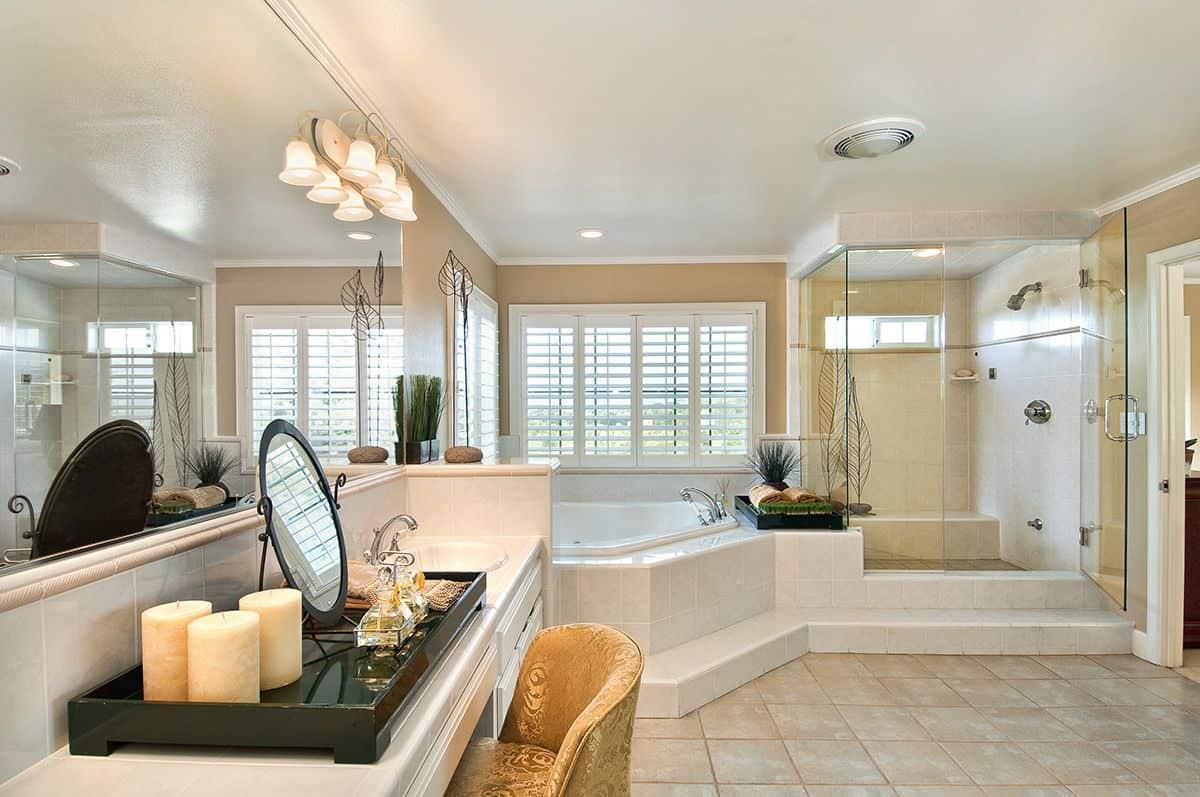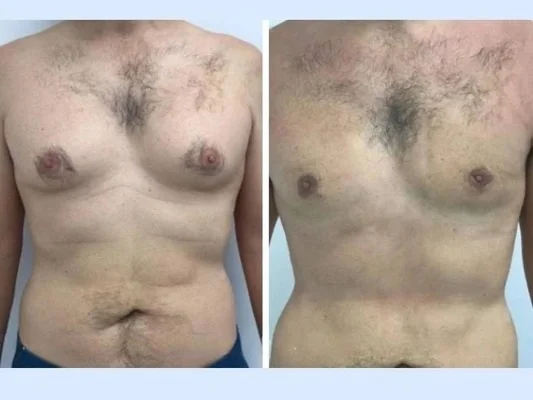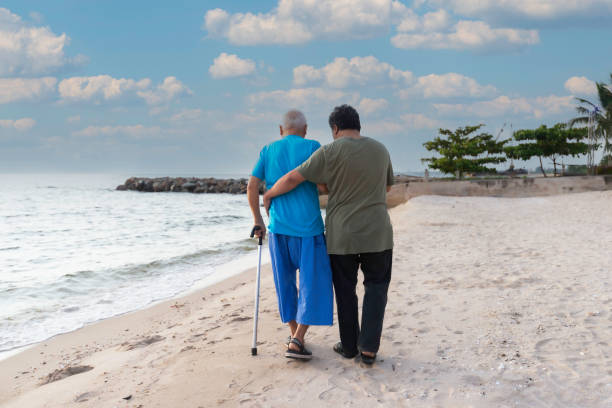Senior wellbeing is shaped by a delicate balance of past traditions and modern caregiving innovations. For many older adults, traditions represent continuity, cultural identity, and emotional grounding. At the same time, modern healthcare brings access to treatments, technology, and support systems that extend independence and quality of life. Finding harmony between these two worlds is not only possible but essential for seniors living in diverse communities, especially in coastal regions where traditions remain strong and modern services are readily available. By blending both approaches, families and caregivers can create holistic wellbeing strategies that honor heritage while embracing progress.
Value of Traditional Practices in Senior Wellbeing
Traditional practices form the foundation of senior wellbeing in many families. These practices often include herbal remedies, cultural diets, spiritual rituals, and community-based caregiving rooted in respect for elders. Seniors often find comfort in routines passed down through generations, whether it is preparing traditional meals, practicing meditation, or engaging in faith-based gatherings. Such practices carry emotional weight, reminding older adults of their identity and values.
At the same time, traditional approaches often emphasize preventative care through balanced diets, physical activity, and close family bonds. These habits contribute significantly to long-term wellness. Yet, tradition alone may not always be enough to address modern health challenges such as chronic illnesses or mobility concerns. That is why families often combine these traditions with professional caregiving support. For example, many households explore options like Senior home care services in Santa Ana, which provide structured medical support while allowing seniors to continue honoring cultural practices at home. This balanced approach ensures older adults receive both the emotional comfort of tradition and the practical benefits of professional care.
Modern Care Innovations Supporting Seniors
Modern care has transformed the way seniors experience aging, making health management more accessible and effective. Advances in medical technology, from wearable health monitors to telemedicine consultations, allow older adults to receive timely support without leaving home. Physical therapy programs, mobility aids, and assistive devices further enable independence, reducing the risk of injury and enhancing daily living.
Beyond medical tools, modern caregiving emphasizes specialized support for conditions like dementia, diabetes, and heart disease. Professional caregivers are trained to monitor symptoms, administer treatments, and provide companionship, ensuring seniors remain safe and engaged. Additionally, mental health has become an important aspect of modern senior care, with services focused on reducing loneliness and supporting emotional wellbeing.
However, the most effective innovations do not disregard cultural values. Instead, they adapt to the unique needs of individuals. For example, caregivers may incorporate traditional diets into nutrition plans or schedule wellness activities that align with cultural rituals. This blending ensures that seniors receive advanced medical support without feeling disconnected from the traditions that have always sustained them.
Coastal Approaches: A Balanced Blend
Coastal communities often serve as natural models for blending tradition with modern care. Life along the coast emphasizes balance, with access to fresh foods, outdoor spaces, and tight-knit community living. Many coastal seniors remain connected to traditions rooted in the environment, such as walking along the shore, practicing meditation at sunrise, or following diets rich in seafood and seasonal produce. These practices support physical health and provide a sense of belonging.
Modern caregiving in coastal areas builds upon these traditions rather than replacing them. Families and professionals often collaborate to design care routines that merge cultural practices with medical guidance. For instance, a caregiver might encourage a senior to continue morning meditation while also reminding them to take prescribed medication. Coastal communities also tend to value intergenerational living, where younger family members participate in caregiving, blending traditional respect for elders with modern healthcare resources.
Additionally, the environment itself plays a role in senior wellbeing. Coastal living encourages outdoor activity, which boosts physical strength and reduces stress. When combined with professional health monitoring, these natural routines provide a holistic approach to senior care. By drawing from both tradition and innovation, coastal approaches demonstrate how harmony can be achieved for older adults.
Creating Personalized Wellbeing Plans
Every senior’s needs are unique, and wellbeing plans must reflect both personal traditions and modern requirements. The most effective strategies begin by acknowledging a senior’s values, cultural background, and existing routines. From there, families and caregivers can integrate professional care services tailored to health conditions, mobility, and emotional support.
Personalized plans may include a mix of traditional practices, such as herbal teas or prayer, alongside medical treatments or physical therapy. Families play a vital role in ensuring continuity, reminding seniors that their heritage remains valued while encouraging them to embrace new methods of care. Caregivers also support personalization by adapting routines rather than imposing standardized schedules.
Technology can further enhance these plans by providing reminders for medication while allowing seniors to track their health progress. Yet, technology is most effective when combined with human presence, such as caregivers or family members who bring warmth and connection. A truly personalized approach respects both the wisdom of tradition and the progress of modern innovation. This balance not only strengthens health but also fosters dignity and joy in the later stages of life.
Conclusion
Senior wellbeing is most meaningful when it integrates the strengths of both tradition and modern care. Traditions provide continuity, identity, and emotional grounding, while modern care offers practical solutions, medical advancements, and independence. Coastal approaches highlight how these two worlds can coexist, blending natural practices with structured health support to create holistic care.
By embracing both perspectives, families and caregivers ensure that seniors experience a life of balance, respect, and fulfillment. Whether through cultural rituals, medical innovations, or coastal lifestyles, the key lies in creating harmony rather than choosing one over the other. Blending tradition with modern care provides seniors with the comfort of heritage and the security of progress, ensuring their wellbeing in both body and spirit.






